Hard Drive Clicking: Causes & What to Do (2025 Solutions)

I think there's an issue with my storage device, but I'm not sure
Start a free evaluationSSDs are becoming more common in personal computers. However, hard drives are still a great storage solution, not only for business but also for freelance professionals such as photographers and gamers who trust their data in specific hard drives designed for their needs. While they now boast larger storage capacities, more compact sizes, and faster speeds, hard drives still have a rather fragile design. There are several signs of hard disk drive (HDD) failure besides error messages, a blue screen of death, and failure to boot. It’s possible to make a hardware diagnosis by analyzing common failure sounds, like hard drive clicking, beeping, grinding, or ticking, and what they mean.
A persistent hard drive clicking sound, also known as the “HDD click of death,” means some type of failure, and that your HDD is about to die or is already dead.
Why is your hard drive clicking?
Hard drives are made of moving parts; therefore, they make natural sounds when you use them or turn your computer on. However, persistent and loud sounds can indicate damage, and you must address them to avoid data loss.
A clicking HDD usually means the hard drive cannot read anything off the platters, so it spins down the platters to try again.
In this case, the computer system either can’t recognize your HDD or doesn’t match up with what is stored in its other areas. The attempt to move makes the hard drive click as you try to use it.

How to fix the hard drive clicking sound
It’s important to consider any events that lead up to your HDD-clicking issue before trying to fix it. If the noise started after an update or download, malware or virus causing bad sectors could be behind the weird sounds.
A corrupted file might also cause the head to fail to write data and keep retrying it again, thus making a clicking sound. In this case, you can try reformatting your HDD. But this is best advised if a backup of your data is safely stored somewhere else as formatting the hard drive will delete every file on it.
If the device is also warmer than usual, in addition to the noise, you should address the heat buildup, make sure all vents are free, and clean any dust from it or the fan.
Some quick solutions that may stop your hard drive from making clicking noises are:
- Replace or add a power supply unit
- Check cables and connectors
- Scan the hard drive for viruses
- Check the hard drive’s health
And there are two things you should NEVER do when trying to fix your clicking hard drive:
- Freezing your HDD
- Opening it to attempt to fix it on your own
DIY solutions are not recommended when the problem is likely caused by physical damage, as they may further damage the device instead of fixing it.
How to recover data from a clicking hard drive
A hard drive clicking is probably significantly damaged, which means recovery attempts require proper equipment, a controlled environment, and knowledge. Our technicians do not recommend retrieving the data independently because, from experience, the DIY methods will do more harm than good.
To increase your chances of complete data recovery, stop using the clicking HDD immediately, find a data recovery center near you, or open a help request online.
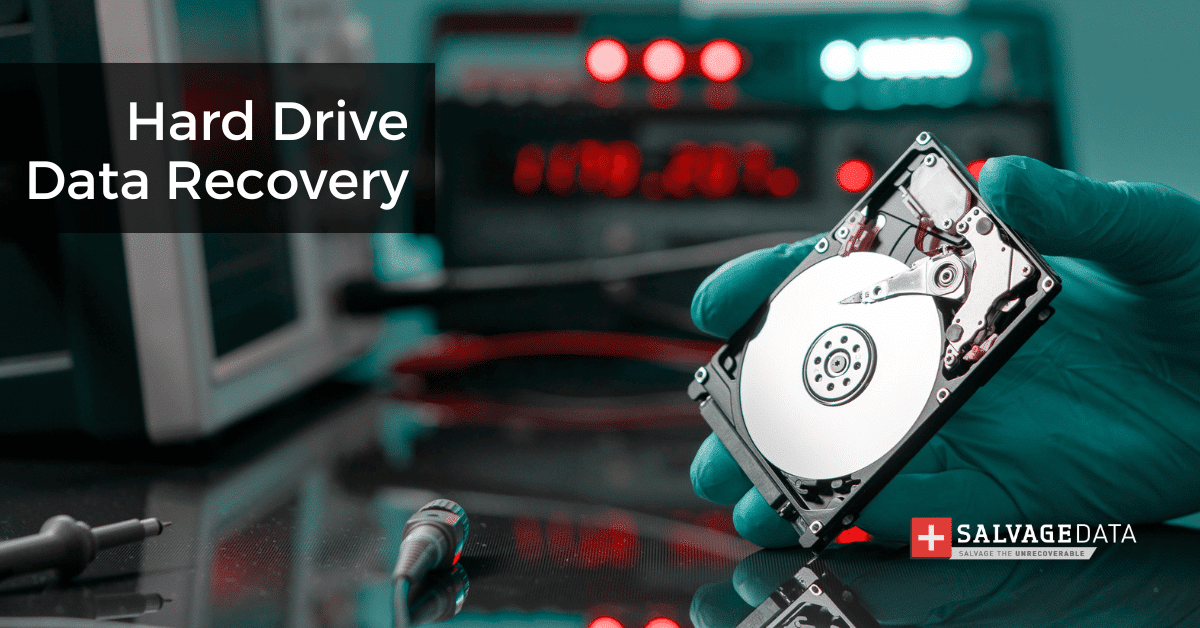
No matter what the root cause of the hard drive failure is or what brand and model you are using, SalvageData experts can guarantee the full recovery of your data.
6 main causes your hard drive is making clicking noises
Clicking sound from a hard drive is worrying as it indicates the drive is failing or has severe damage. You can better address the issue once you identify the possible cause of your HDD making clicking sounds.
1. Glitching PCB
Power surges can damage both the printed circuit board (PCB) and the HSA (Head Stack Assembly), causing the read/write controller chip to fail. Ultimately, they interfere with the proper functioning of the hard disk, causing it to emit a clicking noise.
2. Faulty read-and-write heads
A brand-new drive can start clicking due to a manufacturer’s defect, meaning your warranty should cover it. However, older HDDs have more issues, including misaligned drive heads. Particularly bad or degraded heads that are most likely to aggravate with continuous use.
If you don’t handle your HDD carefully, you can have read/write head issues. This is a delicate device, and physical shocks can knock the read/write heads or spindle arms out of alignment. A non-aligned hard drive’s head or spindle will make clicking noises.
With a degraded hard drive’s stuck head or actual magnetic head damage giving warnings, this issue often leads to sudden hard drive failure.
3. Hard drive actuator arm clicking
The actuator arm moves the read/write head to the appropriate location on the disk. As the heads sweep back and forth across the platter’s surface, they hit the limiter designed to prevent them from going too far in either direction. If the hard drive actuator arm cannot reach the data, it needs to be calibrated, and it will normally spin down after a few tries.
This is more of an issue due to the hard drive's natural lifespan, but high usage wears down actuators and causes them to fail faster.
4. Firmware issues
The service area is a portion of your HDD where manufacturer data, also known as firmware, is stored. If it is damaged or corrupted, the hard drive actuator arm will swing back and forth in an attempt to find the information, preventing your HDD from operating correctly.
5. Electricity issues
Insufficient power and power surges can make your hard drive click. Using a power supply unit (PSU) can help your hard drive have sufficient energy to accomplish tasks. This is especially important for RAID and servers using hard drives.
6. Physical damage
The fragile components of hard drives are also very susceptible to external factors. If you accidentally drop your hard drive or laptop that uses an internal HDD, your data is at risk.
Other physical damage to the storage device, such as fire, water, or strong magnetic fields, can lead to heat damage, causing a hard drive to make a clicking sound.
Data recovery due to physical damage is only possible using the proper tools in a cleanroom. In this case, you will need a data recovery service to retrieve your HDD data.
Summary
A hard drive making noises louder than the usual head working sound is a red flag. The clicking sound comes from the movement of the head assembly trying to read off the platter unsuccessfully. Internal damages, such as a faulty read/write arm or actuator, are a few of the common reasons behind this persistent clicking sound. And if your HDD suffered an accident, such as if you dropped it, clicking noises can indicate physical damage. In this case, you must salvage your data, and you probably will need to replace the HDD.
Hard drive making a clicking noise FAQ
Is it possible to recover files from a clicking HDD using data recovery software?
No, you can’t recover data from a clicking hard drive using software
As previously mentioned, clicking sounds typically indicate a physical or mechanical problem with the drive. Data recovery software is designed for software issues or accidental deletion.
Can a replacement control board fix the clicking issue on my hard drive?
This might work for electrical failure, but it is a much more in-depth process than just replacing a hard drive controller board. Also, hard drive clicking sounds are rarely caused by the circuit or controller board.
Will freezing the HDD stop it from clicking?
No, freezing your hard drive can damage it and make it more difficult to recover your data. The corrosion of the plates and electrical components caused by the water vapor inside the drive, first frozen and then thawed out, only leads to more damage to the device.
Is it safe to use DIY repair solutions to fix hard drives that make clicking noises?
No. Unpacking the stuck heads or replacing degraded pieces requires a cleanroom facility, proper tools, and expertise. If you don’t meet these conditions, dust will settle on the drive platters, damaging the information beyond recovery.
Related services
These are the most commonly requested data recovery services. At our headquarters' cleanroom lab, our certified engineers conduct a thorough review of any type of physical storage device, determining if there is logical or physical damage and carefully restoring all of the lost files.ces.
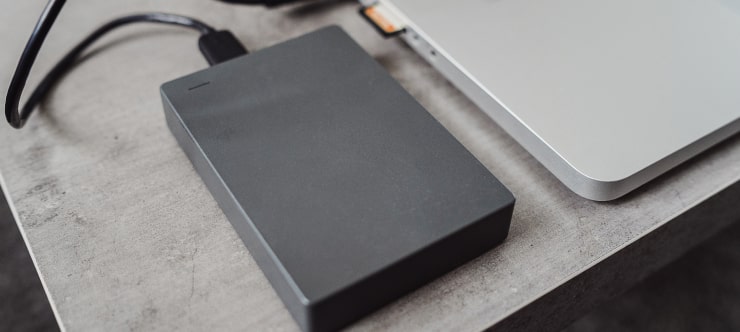
External Drive Data Recovery
We recover data from both external SSD and HDD drives. Rely on certified experts to restore your important files from damaged or corrupted external drives.
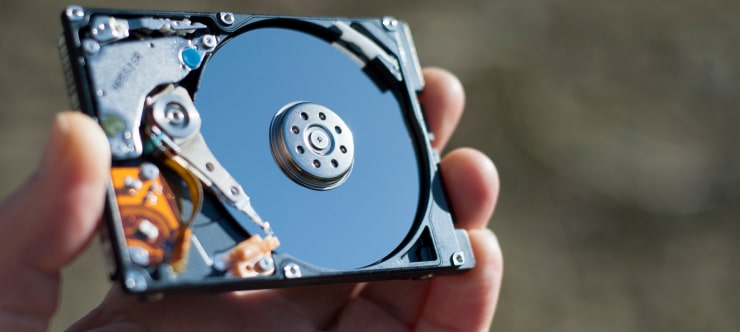
Hard Drive Data Recovery
Recover data from all brands of HDD, PC hard drives, and hybrid disks. Our specialists ensure fast and secure recovery for any data loss scenario.
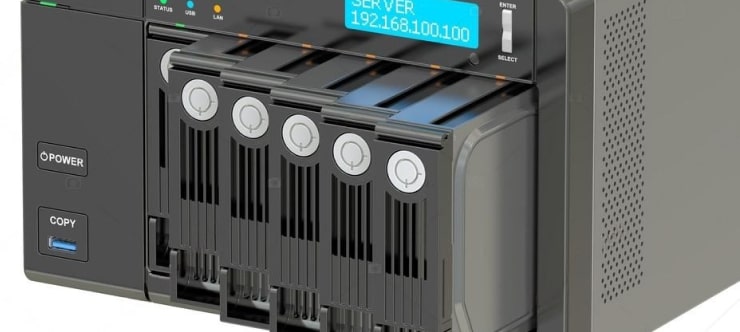
NAS Data Recovery
Recover data from NAS devices, including RAID configurations. Our team handles all types of NAS systems and ensures data recovery with minimal downtime.
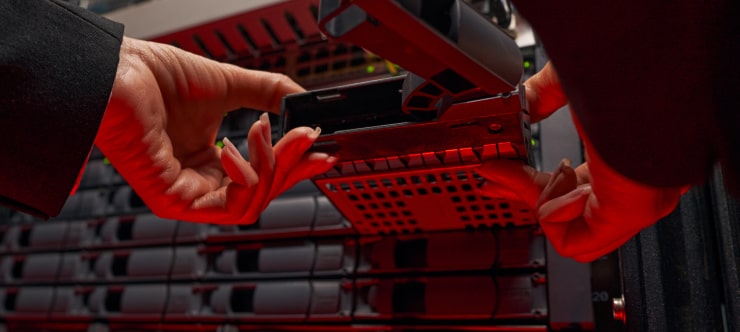
RAID Data Recovery
Our RAID data recovery services cover RAID 0, 1, 5, 10, and other configurations. We offer expert solutions for failed, degraded, or corrupted RAID arrays.
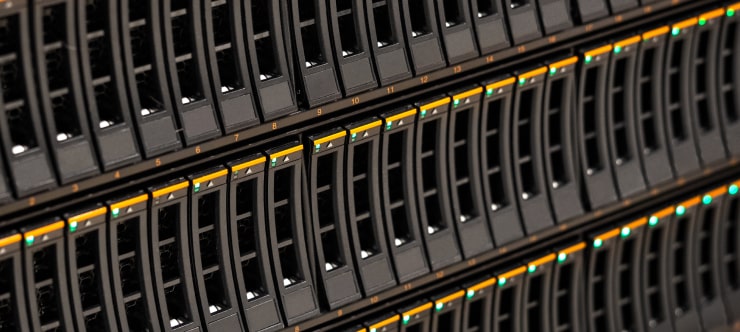
SAN Data Recovery
Our team specializes in handling SAN devices from leading manufacturers like Dell EMC, HP, and IBM, ensuring efficient recovery with minimal disruption to your operations.
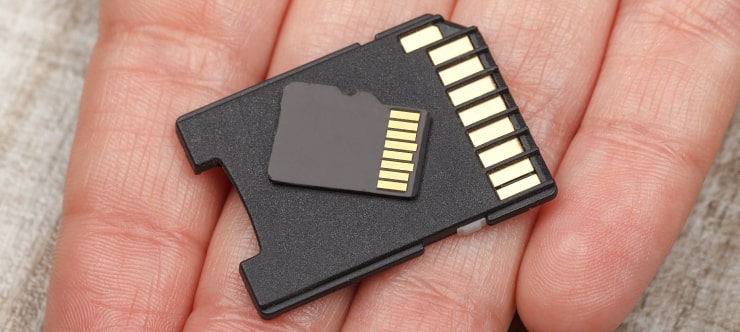
SD Card Data Recovery
Our recovery experts specialize in restoring data from SD and memory cards. We guarantee quick recovery with a no-data, no-charge policy.
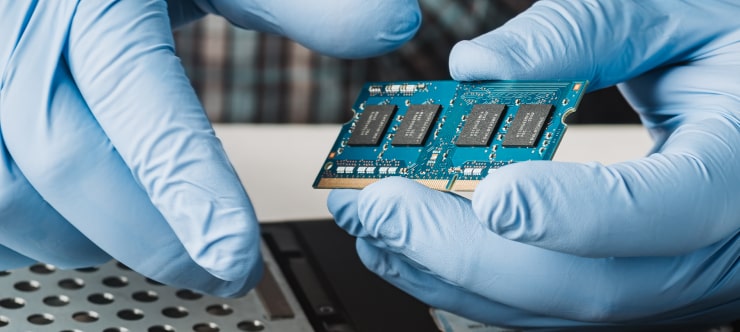
SSD Data Recovery
Our data recovery experts handle all SSD data loss scenarios with advanced tools, ensuring maximum recovery with high-security protocols.
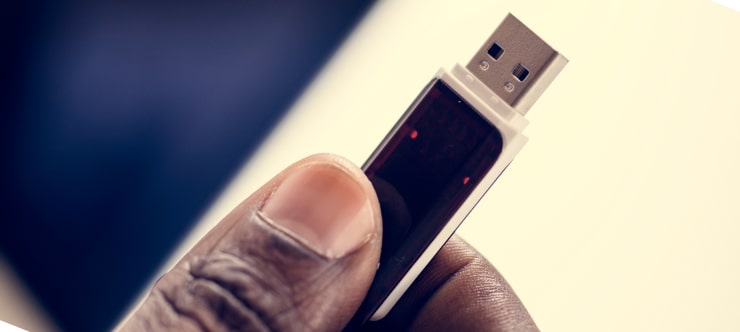
USB Flash Drive Data Recovery
Recover lost data from USB flash drives, regardless of the damage or brand. We offer free in-lab evaluations to assess data recovery needs.
If you’re unsure about which data recovery service to choose, let our team assist you in selecting the appropriate solutions. We understand the anxiety that comes with a sudden drive failure, and we are more prompt in our actions compared to other recovery service providers.



